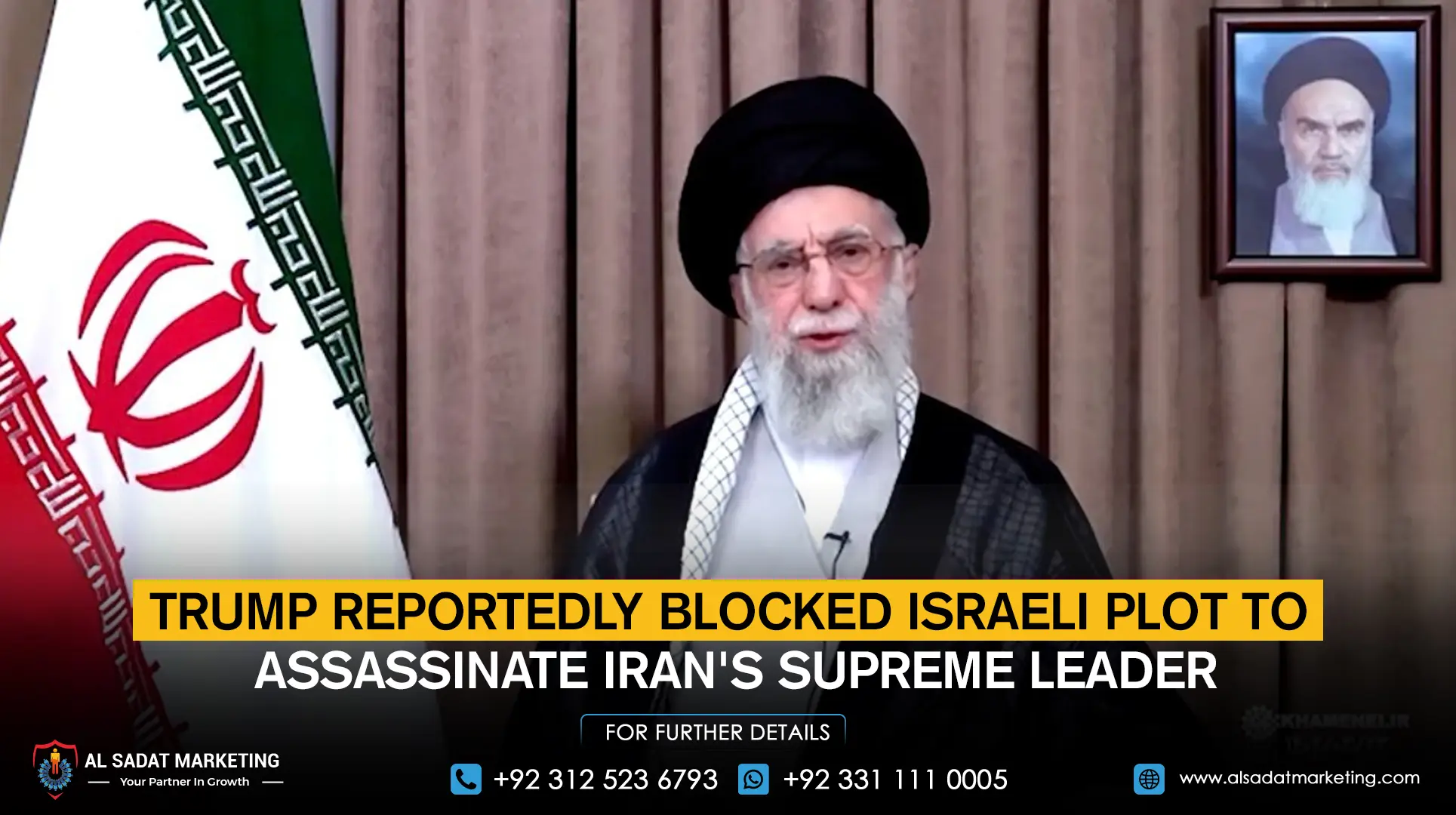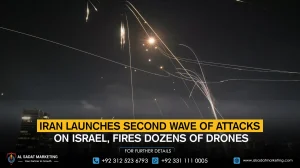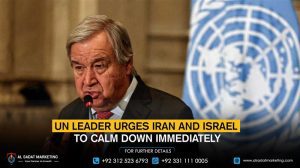In a significant escalation of hostilities, Israel and Iran have intensified their military operations against each other, following a series of attacks that began last Friday. The Israeli military has targeted Iranian missile sites, while Iran retaliated with missile strikes aimed at Israel. This confrontation has resulted in casualties on both sides, raising concerns about a broader conflict in the region.
US President Donald Trump recently vetoed an Israeli plan to assassinate Iran’s Supreme Leader, Ayatollah Ali Khamenei, as tensions heightened. According to US officials, Trump emphasized the lack of direct attacks on Americans by Iran as a reason to refrain from targeting Iranian leadership. Trump has maintained frequent communication with Israeli Prime Minister Benjamin Netanyahu, despite reports of conflicting narratives surrounding their discussions.
Netanyahu, while addressing the media, refrained from confirming specific conversations but asserted that Israel would act according to its national interests. He highlighted the ongoing Israeli military campaign aimed at halting Iran’s nuclear ambitions, which Israel claims pose an existential threat.
Also read: Government Announces Sharp Increase in Petrol and Diesel Prices
As the conflict escalated, Iran’s President Masoud Pezeshkian reiterated the nation’s commitment to peaceful nuclear energy, rejecting accusations of pursuing nuclear weapons. Iranian officials have reported significant casualties from Israeli strikes, claiming that over 200 people have died, many of whom were civilians.
The Israeli military responded to Iranian missile attacks by activating air raid sirens and advising citizens to seek shelter. They reported intercepting missiles aimed at major cities, including Tel Aviv and Jerusalem. The situation remains tense, with ongoing exchanges of fire and increasing fears of a regional conflagration.
International mediators, including Qatar and Oman, have attempted to facilitate negotiations, but Iran has stated it will not engage in talks while under attack. Meanwhile, European powers Germany, France, and the UK have expressed readiness to hold immediate negotiations with Iran regarding its nuclear program.
In a related development, Yemen’s Iran-aligned Houthis have joined the conflict, launching missiles toward Israel. This expansion of hostilities underscores the potential for a wider regional war, with various state and non-state actors involved.
As the situation develops, the international community watches closely, with calls for de-escalation and renewed diplomatic efforts to prevent further loss of life and instability in the region.










